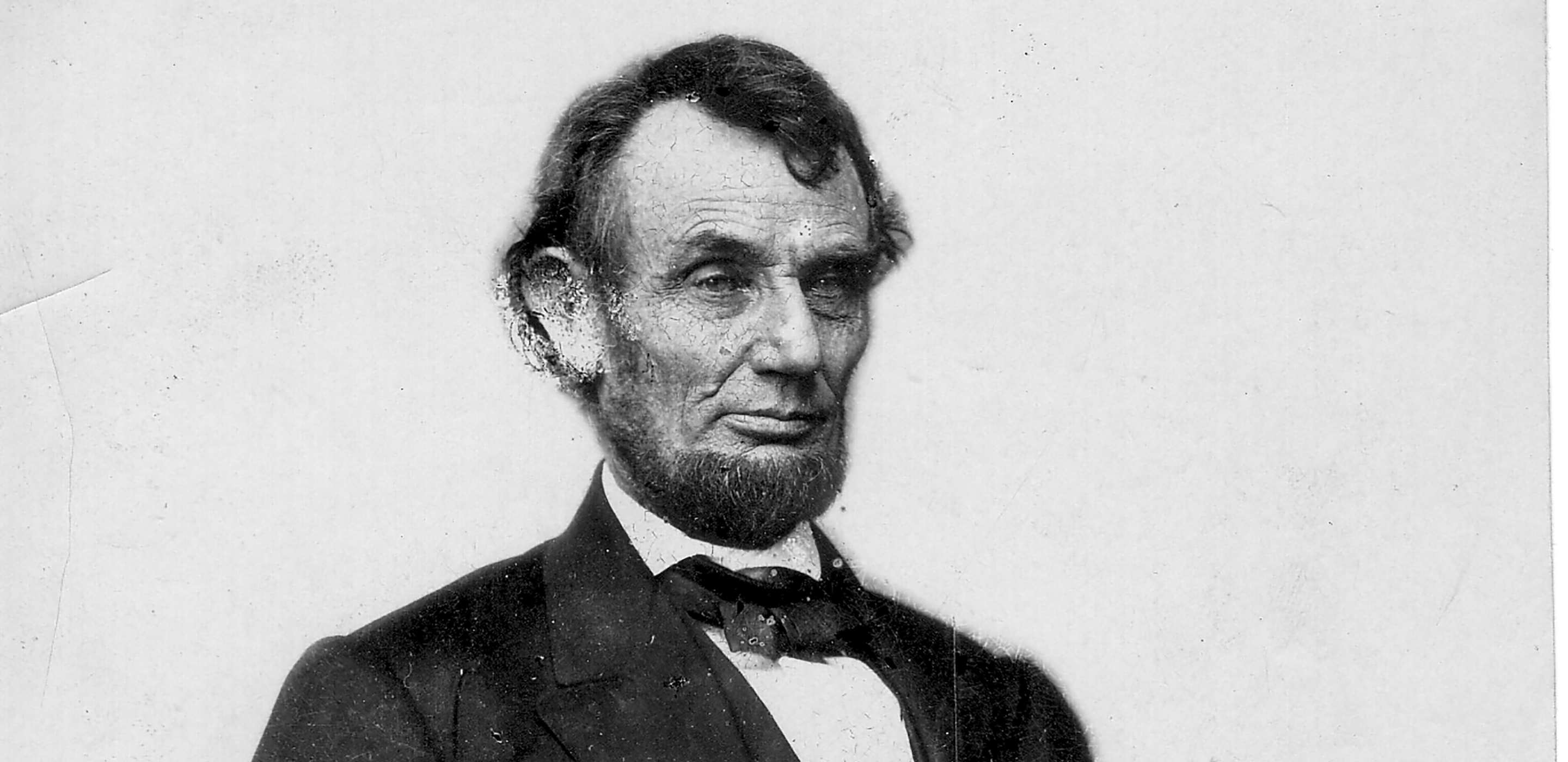
In this lesson plan, students will learn how to annotate historical speeches for deeper understanding.
Students will learn to annotate a historical speech (Lincoln’s first and second inaugural addresses) to identify and articulate the author’s point of view, purpose, historical context and intended audience. Activity will culminate in an AP Short Answer Comparison question on the two speeches.
Common Core Standards
CCSS.ELA-LITERACY.RI.11-12.9
Analyze seventeenth-, eighteenth-, and nineteenth-century foundational U.S. documents of historical and literary significance (including The Declaration of Independence, the Preamble to the Constitution, the Bill of Rights, and Lincoln’s Second Inaugural Address) for their themes, purposes, and rhetorical features.
CCSS.ELA-LITERACY.RI.11-12.6
Determine an author’s point of view or purpose in a text in which the rhetoric is particularly effective, analyzing how style and content contribute to the power, persuasiveness or beauty of the text.
CCSS.ELA-LITERACY.W.11-12.2
Write informative/explanatory texts to examine and convey complex ideas, concepts, and information clearly and accurately through the effective selection, organization, and analysis of content.
| Learning Objectives: | Students will analyze primary source speeches for historical context, intended audience, purpose and point of view. Students will utilize outside evidence and historical thinking skills to compare the two speeches. |
| Guiding Questions: | How does Lincoln’s tone differ from his first inaugural address to his second? How does the changing status of the Civil War shape Lincoln’s two messages? |
| Supplies Needed: | Pencils, Pens, and Highlighters. |
| Prepared by | Grade | Length |
| Cathryn R. Goble-Smith, Davenport, FL | AP History | Two Class Period’s |
Classroom Activities
- Lesson Activity One: Lincoln’s First Inaugural
In this lesson, students will use Lincoln’s First Inaugural Address to learn how to annotate and analysis as a class. - Lesson Activity Two: Lincoln’s Second Inaugural
In this lesson, students will use Lincoln’s Second Inaugural Address to learn how to annotate and analysis as a class.
Lesson Activity One:
Lincoln’s First Inaugural
(~45 Minutes)
- Give each student a copy of Lincoln’s First Inaugural Address.
- Set the context with MAP (Media, Author, Place and Time)
- Ask students what is going on in the U.S. and the world when Lincoln gives this speech. Build background knowledge.
- Teacher will start by reading the first line and students will go round robin reading the document. Teacher will assist students when and if they struggle.
- After reading teacher and students will go back through the document line by line and break down what Lincoln is saying.
- Teacher will assist students with annotating the document using HAPPY (Historical Context, Audience, Purpose, Point of View, and Why is this important)
Lesson Activity Two
Lincoln’s Second Inaugural
- Give each student a copy of Lincoln’s Second Inaugural Address.
- Students will be divided into groups of 4. This may be adjusted based on class size. Students will read Lincoln’s Second Inaugural in their group.
- Students will use tools learned in yesterday’s reading to analyze and annotate Lincoln’s Second Inaugural. (Give students 20-25 minutes to complete.)
- MAP HAPPY (Media, Author, Place/Time – Historical Context, Audience, Purpose, Point of View, Why is this important?)
- Teacher will call on groups to explain their answers to the MAP HAPPY questions and to explain their reasoning.
- Teacher will facilitate a brief, summative discussion about how Lincoln’s first and second inaugural addresses are different and why.
Assessment
AP Short Answer
To assess for understanding, students will use the historical thinking skills developed in the close reading of these two speeches and their knowledge of historical evidence to answer the following AP U.S. History Short Answer Question.
In your hands, my dissatisfied fellow-countrymen, and not in mine, is the momentous issue of civil war. The Government will not assail you. You can have no conflict without being yourselves the aggressors. You have no oath registered in heaven to destroy the Government, while I shall have the most solemn one to “preserve, protect, and defend” it.
I am loath to close. We are not enemies, but friends. We must not be enemies. Though passion may have strained, it must not break our bonds of affection. The mystic chords of memory, stretching from every battlefield and patriot grave to every living heart and hearthstone all over this broad land, will yet swell the chorus of the Union, when again touched, as surely they will be, by the better angels of our nature.
~ Abraham Lincoln, First Inaugural Address, March 4, 1861
Both parties deprecated war, but one of them would make war rather than let the nation survive, and the other would accept war rather than let it perish. And the war came…
With malice toward none, with charity for all, with firmness in the right as God gives us to see the right, let us strive on to finish the work we are in, to bind up the nation’s wounds, to care for him who shall have borne the battle, and for his widow and his orphan, to do all which may achieve and cherish a just and lasting peace among ourselves and with all nations.
~ Lincoln’s Second Inaugural Address March 4, 1865
Using the excerpts, briefly explain (1), (2), and (3)
- One important similarity between Lincoln’s first and second inaugural addresses.
- One important difference between Lincoln’s first and second inaugural addresses.
- One specific policy of Abraham Lincoln that substantiates either A or B.
What You Need
Material and resources you will need to complete this lesson.
